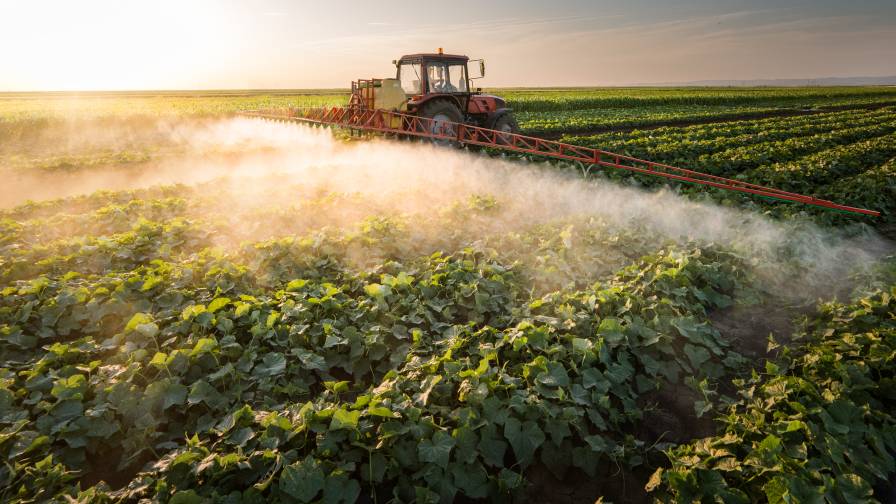Sustainable Podcast: AgBioScout’s Roma Gwynn Discusses Changing Mindsets for Biologicals Success
Sustainable by AgriBusiness Global interviewed Roma Gwynn, Chief Scientific Officer for AgBioScout, Vice President of the International Biocontrol Manufacturers’ Association and biocontrol regulatory consultant for the Food and Agricultural Organization for the United Nations. In this episode, Gwynn shares how mindset changes are needed to increase successful biological creation and adoption.
Podcast Transcript:
*This is a partial and edited transcript of the podcast.
ABG: What do you see as the greatest hindrance for biologicals getting to market globally?
RG: It is a different business model. These technologies are not the big blockbuster technologies. They’re not the same as agrichemicals. Some people who invest in biologicals assume that it is the same as an agrichemical when they are developing their businesses. They invest in the biological companies with that agrichemicals model of delivery. It can’t meet that because the technology is more complex. It needs a lot of additional technical inputs in its production process, and also, across the whole value chain, about how the technologies can be used.
So sometimes what we see is there’s a lot of venture capital going into these companies. That venture capital money is hard to recoup again because it’s valuing a biological the same as a traditional crop protection solution. It’s a different investment model. It’s a long-term return on investment, so it’s not something like a pharmaceutical where you’re looking for three to five years to recoup. You’re looking at five to ten years, probably, which means you need a different business structure.
Many of these young companies are often quite naive and not mature in the marketplace. They need a lot of support to understand what’s needed to succeed, so just putting the money in doesn’t help them. They actually need other support, and because of that, you can see those investments getting stalled. If there isn’t a plan to stop the stalling, they then go bankrupt.
ABG: What types of companies are you seeing that are the most successful and getting products to market. And what do you see them doing?
RG: Its companies who’ve been doing this for quite a long time that tend to succeed. They are patient. I think patience is one of the strongest qualities needed for this industry. They understand the technologies. When you’re dealing with plant extracts, it can be quite complicated. What these companies are doing is they understand the technical, but then also understand how to place it into the market.
Many times, you see companies thinking they could use their technology to replace other technologies in the industry. But you can’t quite use it in the same way. The companies that are successful can see this. What they’ve been really good at doing is integrating these technologies with their existing product lines, whether that’s chemical or biological.
They’ve worked out how to bring all the elements together and then how to offer these solutions to the farmers, providing technological advice, explaining how it all works to the farmer, so that the grower knows then how to use it best.
We see companies of different sizes succeed. We’ve seen small companies who’ve been really successful. They’re often focused on one geographical locality or one particular type of technology. We see some of that happening in places like Africa, like Kenya, and in South America in Brazil.
Then there are other mid-sized companies who have brought in a really wide range of products into their portfolio. They’ve integrated a technology. Then what they’ve got is an infrastructure in the technical support to help build them out.
Some of the large companies have also invested in these technologies. Some of the technologies have been successful and others haven’t. For the ones that haven’t, they’ve moved them on and sold them to other companies. And where the technologies have had bigger outcomes and have been more successful, and are more similar to conventional chemical pesticides, they can use their existing structures to market them.
It’s a mixed pattern globally and territorially.
Another interesting scenario is there are older companies who might be less successful and then they’re sold on to other companies. What I think is slightly interesting is that some of the success comes from the farmers. The farmers have come together to build these companies’ knowledge, and the farmers are going out there and asking for specific products. The farmers are holding knowledge for how to build an integrated program on the farm. The knowledge is held in a slightly different place than it might have been in the past. The companies who are able to pick up on that and work with those growers are the ones that tend to be more successful.








